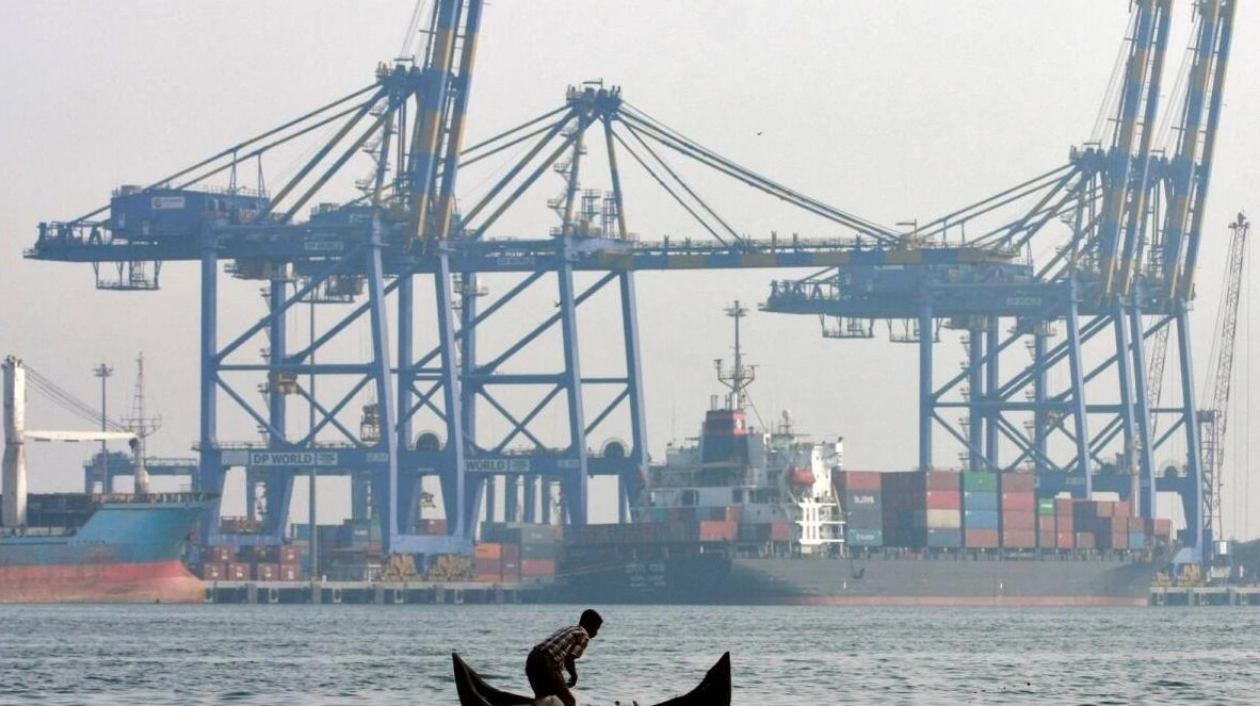India could potentially expand into a $55 trillion economy by 2047 if both state and central governments implement policies aimed at boosting the nation's growth rate from its historical average of seven percent to eight percent (in rupee terms), as stated by the International Monetary Fund (IMF). Krishnamurthy V Subramanian, executive director of the IMF, emphasized that sustained eight percent growth could leverage the power of compounding to propel India to a $55 trillion economy. He noted that while this goal appears ambitious, it is within reach.
During an event in Hyderabad, Subramanian highlighted that in 2020, India's private credit to GDP ratio stood at 58 percent, markedly lower than the 200 percent observed in advanced economies. He also pointed out significant advancements in financial inclusion through various initiatives. Subramanian's optimistic growth forecasts coincided with Dr. Gita Gopinath, the IMF deputy managing director, expressing her confidence in India becoming the third-largest economy by 2027. Gopinath told the media that India's growth outperformed expectations in the last fiscal year, and these carryover effects are influencing current forecasts. She added that private consumption is recovering.
Following the IMF's 'World Economic Outlook' report, which raised India's growth projection for the financial year 2024-25 to seven percent, Gopinath highlighted the need for India to create between 60 to 148 million additional jobs by 2030 due to population growth. She also stressed the importance of educational reforms to enhance workforce skills. Gopinath identified key areas such as implementing labor codes, undertaking land reforms, improving business and regulatory environments, and expanding the tax base as crucial steps towards achieving the vision of becoming a developed nation by 2047.
Gopinath noted that India, which averaged 6.6 percent annual growth in the decade starting 2010, had an employment growth rate below 2.0 percent, lagging behind its G20 peers. She emphasized the urgency of job creation, stating that India needs to generate between 60 million and 148 million additional jobs cumulatively by 2030, given the rapid approach of 2024.






